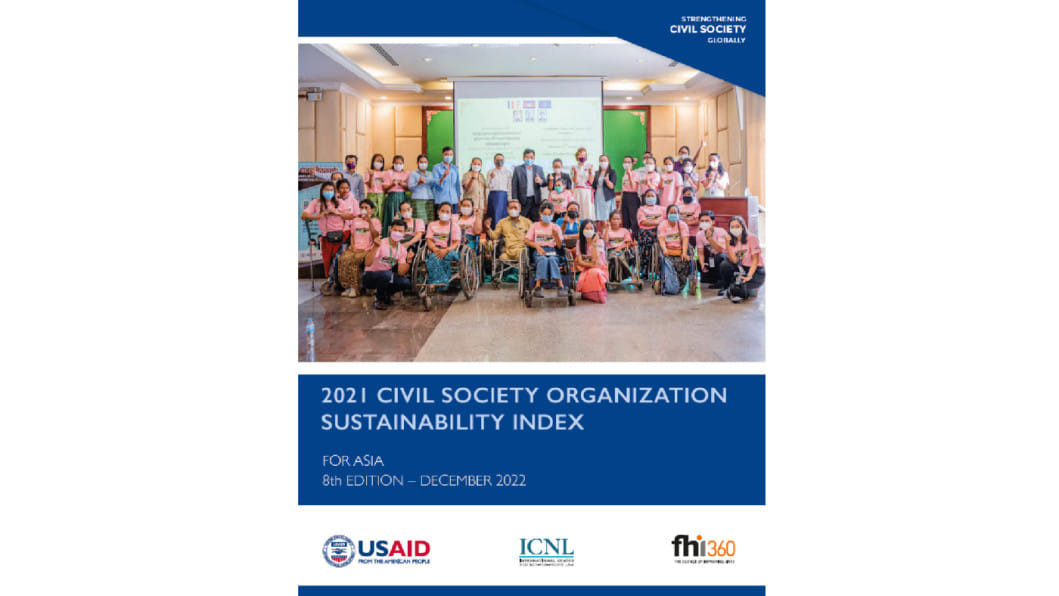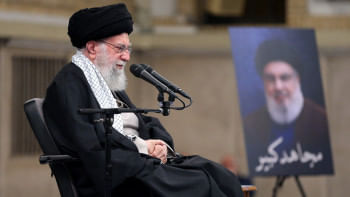Civil society organisations: Licence renewal, legal complexity big hurdles

Civil Society Organisations (CSOs) that deal with human rights, democracy and good governance have been experiencing setbacks in the form of legal procedures and renewal of registration in the country, as Bangladesh remains static in the global index done to measure CSO sustainability and freedom.
Bangladesh lags behind in four criteria out of seven, which the global report took into account to prepare the index titled Civil Society Organisations Sustainability Index: 2021. It was revealed in a press conference yesterday on a virtual platform.
Bangladesh's overall score is 4 in 2021; it was the same last year.
The score of 4 in this index means "sustainability is in the stage of flourishment".
The global report listed four setbacks faced by CSOs in Bangladesh -- bureaucratic harassment in legal process, complicated registration process, renewal issues and delayed approval for foreign support.
Shedding light on freedom of expression, the report said Bangladesh has seen a decline in civic space to speak out due to the digital security act, which prevents CSOs from functioning effectively.
Increasing restrictions on civic space also posed challenges for CSO operations, especially media, in 2021. As in previous years, the Digital Security Act was used to severely limit freedom of expression, stifling dissent and perceived criticism, it added.
"CSOs were hesitant to carry out advocacy campaigns that may challenge the government, especially in regards to policy-making, and the public image of CSOs deteriorated slightly with an increase of negative media coverage," the report reads.
Since inclusion of Bangladesh in the annual estimate in 2014, Bangladesh saw a gradual decline in terms of sustainability of CSOs, said the report prepared by US-based development organisation FHI 360 with financial support from the USAID.
The report says that NGO Affairs Bureau increasingly delayed approvals of foreign grants in 2021, imposing new conditions in the process.
"The organisational capacity of CSOs also declined slightly in 2021 as funding cuts limited CSOs' ability to retain full-time, qualified staff. Financial viability, service provision, and the infrastructure supporting the sector remained unchanged in 2021," the report noted.
This happened despite the fact that the CSO sector in Bangladesh has long depended heavily on foreign and local donors, including government, multilateral institutions like the World Bank, Asian Development Bank, and UN, and bilateral donors like USAID, FCDO, UKAid and Sida.
CSOs register under various government departments, making it difficult to determine the total number of CSOs in the country.
The study found that there are more than 58,000 organisations registered under the Department of Social Services, more than 15,00 under the Department of Women Affairs, 9,000 trade unions, and 2,261 Bangladeshi entities under the NGO Affairs Bureau.

 For all latest news, follow The Daily Star's Google News channel.
For all latest news, follow The Daily Star's Google News channel. 



Comments